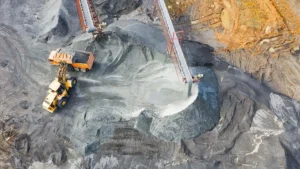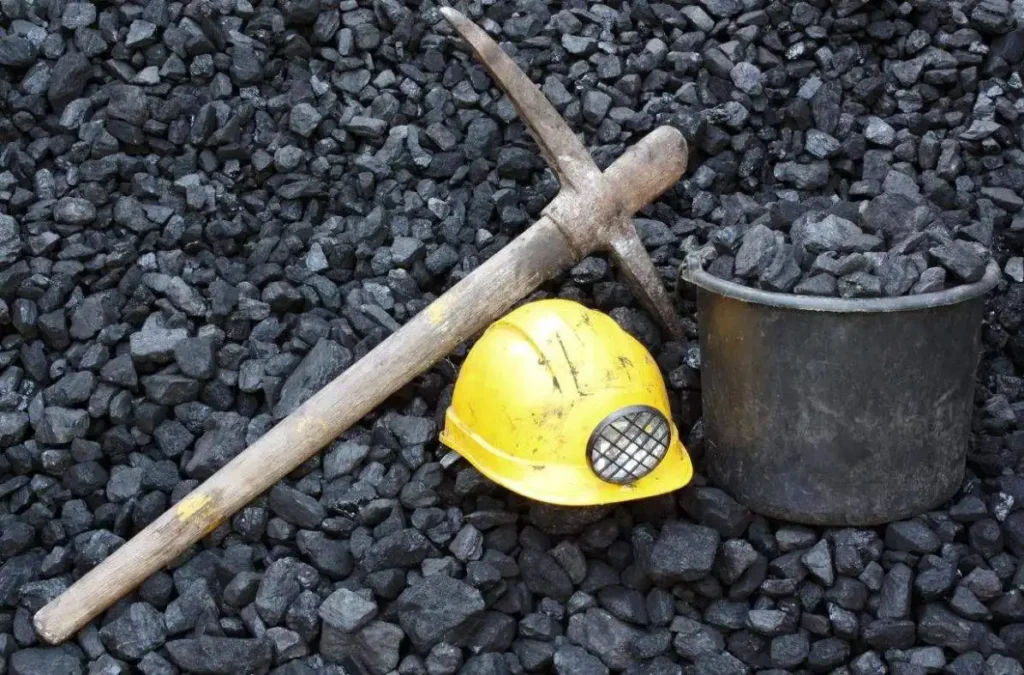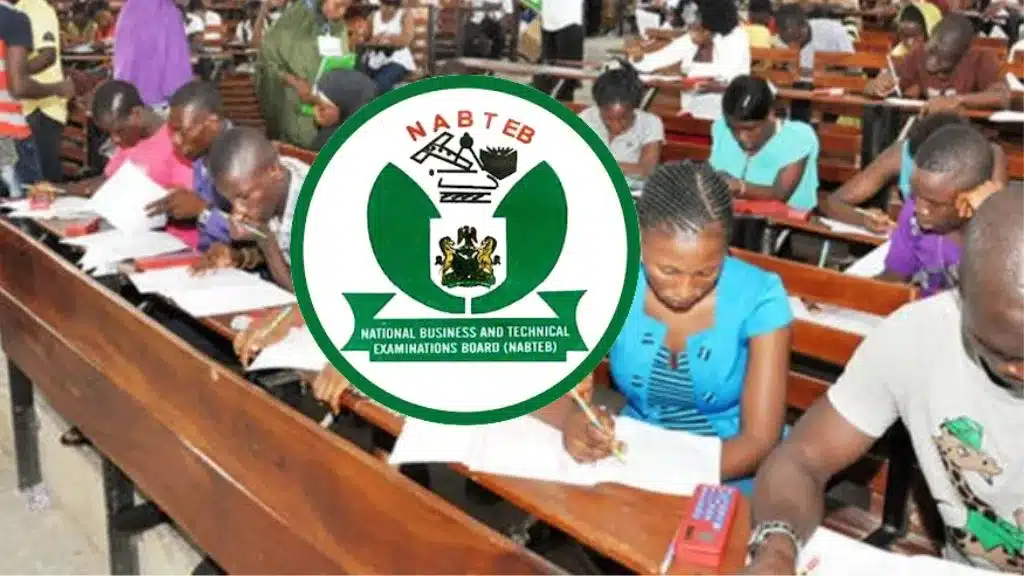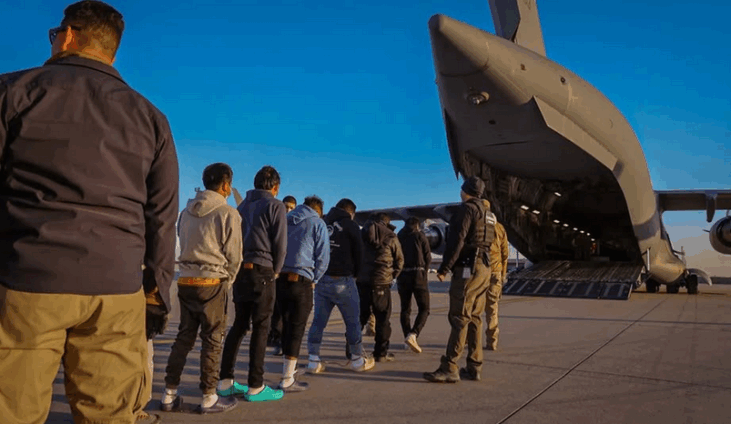Deep in the rocky terrain of Plateau State in north-central Nigeria, an illegal industry thrives beneath the radar — one that enriches a few while devastating communities, polluting land, and endangering lives. This is the dark world of illicit tin mining, where local youths, child laborers, and desperate families descend into makeshift pits each day in search of minerals that feed international markets, but bring little benefit to the communities from which they are extracted.
From Colonial Legacy to Lawless Enterprise
Tin mining in Plateau has a long history. British colonial authorities first exploited the region’s rich deposits in the early 1900s, making it one of West Africa’s earliest hubs of industrial mining. After independence, Nigeria’s national control over the sector weakened due to mismanagement, lack of regulation, and the decline of formal mining operations. What followed was a vacuum now filled by thousands of informal and illegal miners, operating with no oversight and driven by hunger, unemployment, and the lure of quick profits.
These illegal operations are anything but harmless. In forested areas and on the outskirts of towns like Jos, Barkin Ladi, and Bassa, illegal mining camps dot the landscape. Men and boys with shovels, chisels, and bare hands dig into the earth, exposing mineral-rich rocks. These miners often work without protective equipment, digging unstable shafts that collapse with deadly consequences.

Communities Trapped in Exploitation
The human cost of Plateau’s illicit mining is staggering. Many miners are underage boys lured by meager wages. A 13-year-old interviewed near Bisichi said he earns less than ₦1,000 a day for sorting tin ore, even though the mineral sells for thousands on international markets. Their pay is barely enough to eat, and some children have abandoned school entirely to join the trade.
Local women also face exploitation. Some are paid peanuts to wash and separate ore, while others report sexual abuse within mining camps. In communities where legitimate jobs are scarce, mining is one of the few means of survival — a fact that has created cycles of generational poverty and dependence on dangerous work.
Environmental Destruction and Abandoned Landscapes
Beyond the human toll, illicit mining has caused irreversible environmental damage in Plateau. Hills have been hollowed out, forests stripped, and farmland rendered unusable. Unregulated digging has turned once-fertile valleys into craters and open pits filled with stagnant water, becoming breeding grounds for mosquitoes and waterborne diseases.
Local farmers lament the destruction of land passed down through generations. Rivers, once sources of clean water, now run muddy with mining residue. Soil erosion and deforestation have exacerbated flooding, threatening entire villages during the rainy season.
“We used to farm yams and maize here,” says Dauda Bitrus, a 62-year-old farmer in Riyom. “Now the land is spoiled. All we see are gullies and holes.”
Criminal Networks and Official Complicity
Behind the scenes, criminal networks drive the trade. These networks often have links to powerful politicians, security operatives, and business elites who provide protection for illicit mining activities in exchange for bribes or profit cuts. Tin, like gold and coltan elsewhere, has become a conflict mineral — fueling local tensions, enriching middlemen, and leaving ordinary citizens behind.
Investigations have shown how tons of illegally mined tin are smuggled out of Plateau to be sold in global markets, with little traceability or regulation. Some shipments pass through hidden supply chains into Asia and Europe, where they are used in electronics, car parts, and construction.
Despite the Nigerian government’s crackdown promises, enforcement remains weak. Task forces are poorly funded, and efforts to formalize artisanal mining have stalled. In some areas, miners say security forces turn a blind eye — or worse, demand “protection fees” to allow them to continue working.
Public Health at Risk
The mining horror extends into public health. Prolonged exposure to tin dust and toxic by-products causes respiratory illnesses, skin conditions, and in some cases, long-term neurological damage. Medical professionals in Jos University Teaching Hospital report a rising number of mining-related injuries and illnesses, especially among children.
With clinics underfunded and public health surveillance nearly absent in remote areas, communities face these dangers without adequate care. Women and young girls also risk reproductive health issues from chemical exposure during ore washing and prolonged contact with contaminated water.
The Way Forward: Regulation and Responsibility
Experts and activists insist that change is possible — but only through bold policy shifts and grassroots empowerment. Formalizing artisanal mining through licenses, cooperatives, and safety training could help bring operations under control, reduce exploitation, and raise government revenue.
Equally important is breaking the link between mining and corruption. Anti-graft agencies must investigate those profiting from illegal mining networks. Law enforcement must be depoliticized and given the capacity to act independently. Communities need alternative livelihoods — from agriculture to vocational training — so that children can return to school and adults no longer feel trapped by the pickaxe.
Environmental remediation must also be prioritized. Government at both state and federal levels must partner with international organizations to reclaim degraded land, plant trees, and restore polluted waterways. Civil society must hold leaders accountable, ensuring that mining wealth benefits citizens, not just foreign buyers and connected elites.
Conclusion
Beneath the surface of Plateau’s rugged hills lies a painful reality — one in which wealth flows out while suffering remains buried in plain sight. As Nigeria seeks to diversify its economy through mining, the Plateau experience offers a cautionary tale. Without justice, regulation, and community-centered reform, the mining sector risks becoming a well of exploitation from which only the powerful drink.
The time to act is now — before more lives are lost, more landscapes destroyed, and more futures stolen beneath the surface.






